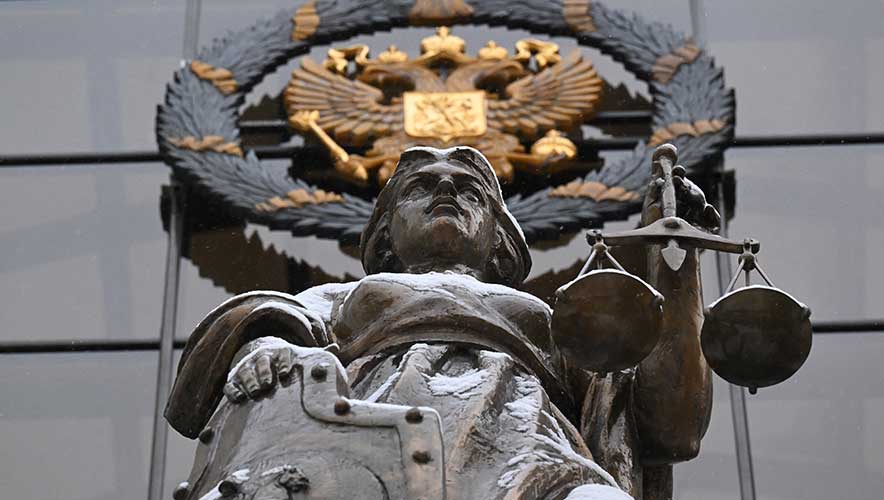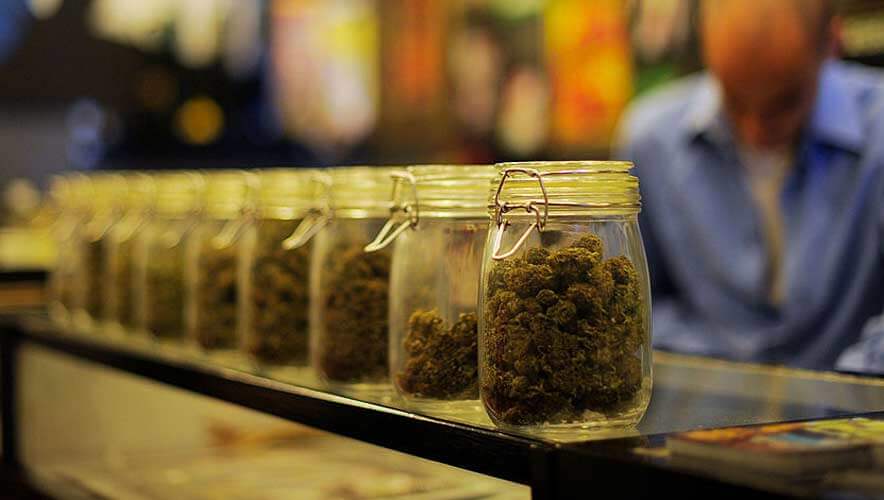Russian Supreme Court Declares LGBT Movement an Extremist Organization
Russia’s Supreme Court declared the “international LGBT public movement” an extremism organization on 30 November, banning its activities across the country. This presents many challenges—both for gay or transgender Russians and for travelers in the region—but particularly because no such organization officially exists as a legal entity.
The ruling was prompted by a motion from the justice ministry, which claimed the movement showed signs of “extremist activity,” including inciting “social and religious strife.” The hearing was held behind closed doors, the BBC reported. No defendants were present. The lack of clarity into the hearing also resulted in the absence of a definition about what activity or associations are considered part of the international LGBT public movement.
Russia’s LGBTQ community has been under pressure from Russian authorities for years. In 2013, a law was adopted prohibiting “the propaganda [amongst minors] of nontraditional sexual relations,” and those restrictions were extended to all age groups last year. This led to the deletion of reference to LGBTQ people or symbols (such as rainbow flags or rainbows themselves) in books, films, advertisements, and television shows. The country’s constitution was changed in 2020 to clarify that marriage is a union between a man and a woman, closing the door to any same-sex unions. In July 2023, legislators banned gender reassignment surgery and gender-affirming care.
The Kremlin’s movement against the LGBTQ community, emphasizing “traditional family values,” accelerated following the Russian invasion of Ukraine in 2022. The moves are aimed to galvanize conservative supporters of the current government in advance of the 2024 presidential vote, according to analysis from Human Rights Watch.
“This shameful and absurd decision represents a new front in the Russian authorities’ campaign against the LGBTI community,” said Marie Struthers, director for Eastern Europe and Central Asia at Amnesty International, in a statement. “The ruling risks resulting in a blanket ban on LGBTI organizations with far reaching violations of the rights to freedom of association, expression, and peaceful assembly, as well as the right to be free from discrimination. It will affect countless people, and its repercussions are poised to be nothing short of catastrophic.
“There is little if any doubt that it will lead to the persecution of LGBTI activists, undoing decades of their brave and dedicated work, while threatening to inspire and legitimize whole new levels of violence against LGBTI persons across Russia,” she continued.
Officials insist that “nontraditional sexual relations” are not banned in Russia and that LGBTQ people in Russia are protected legally. However, the LGBTQ community already feels the repercussions of last week’s court decision.
Less than 48 hours after the court banned the movement, Russian security forces raided gay clubs and bars across Moscow on 1 December. Under the pretext of a drug raid, police searched the venues, checked clubgoers’ documents, and photographed the patrons’ passports, the Associated Press reported. Several LGBTQ venues have already closed following the court decision, including a St. Petersburg club that was denied further rental of their site due to the new law, according to CNN.
“Under Russian criminal law, participating in or financing an extremist organization is punishable by up to 12 years in prison,” Human Rights Watch explained. “A person found guilty of displaying such groups’ symbols faces up to 15 days in detention for the first offense and up to four years in prison for a repeat offense. The authorities may include individuals suspected of involvement with an extremist organization in the countrywide ‘list of extremists’ and freeze their bank accounts. People deemed to be involved with an extremist organization are barred from running for public office.”
The new ruling ushers in a variety of restrictions, such as participating in, aiding, or funding extremist organizations; publicly using certain logos or symbols associated with those organizations; or publicly endorsing ideas they propagate, NPR reported. It is unclear exactly which symbols or other concepts are banned.
Wrongful detentions are rare, but they are on the rise. Here's what you should know about the trend before your next business trip. https://t.co/cvVqoCf5ky
— Security Management (@SecMgmtMag) July 24, 2023
Under the earlier LGBTQ propaganda laws, foreign citizens face fines, up to 15 days in jail, and deportation, the U.S. State Department noted in a travel advisory. The advisory added, “The law is vague as to what Russia considers propaganda of nontraditional sexual relations.” It is unclear how the new restriction will affect foreigners and travelers.
As of December 2023, 65 jurisdictions worldwide criminalize private, consensual, same-sex activity. In 12 of those countries, people convicted of these activities could face the death penalty, according to the Human Dignity Trust. Although same-sex sexual activity is not specifically penalized in Russia, gender and sexual identity could get travelers into trouble.
Overall, the U.S. State Department travel advisory warned, “Discrimination based on sexual orientation is widespread in Russia. Acts of violence and harassment targeting LGBTI individuals occur. Government officials have made derogatory comments about LGBTI persons, and violence against the LGBTI community has increased. There have been credible reports of arrest, torture, and extrajudicial killing of LGBTI persons in Chechnya allegedly conducted by Chechen regional authorities.”
Russia is also on the U.S. State Department’s list of countries where travelers are at risk for wrongful detention, and being part of the LGBTQ community could put travelers in the crosshairs for targeting, detention, and being used for political leverage.
Wrongful detentions remain rare, but they are on the rise, Security Management reported earlier this year. Business travelers who bring their home attitudes and behaviors with them abroad often run afoul of local laws, since seemingly innocuous behavior in one country can carry heavier weight abroad. In these cases, prevention is the best cure, advise travel security experts. Building security training initiatives that account for the destination country’s laws and the traveler’s individual risk profile can help keep the traveler aware, alert, and safe.











